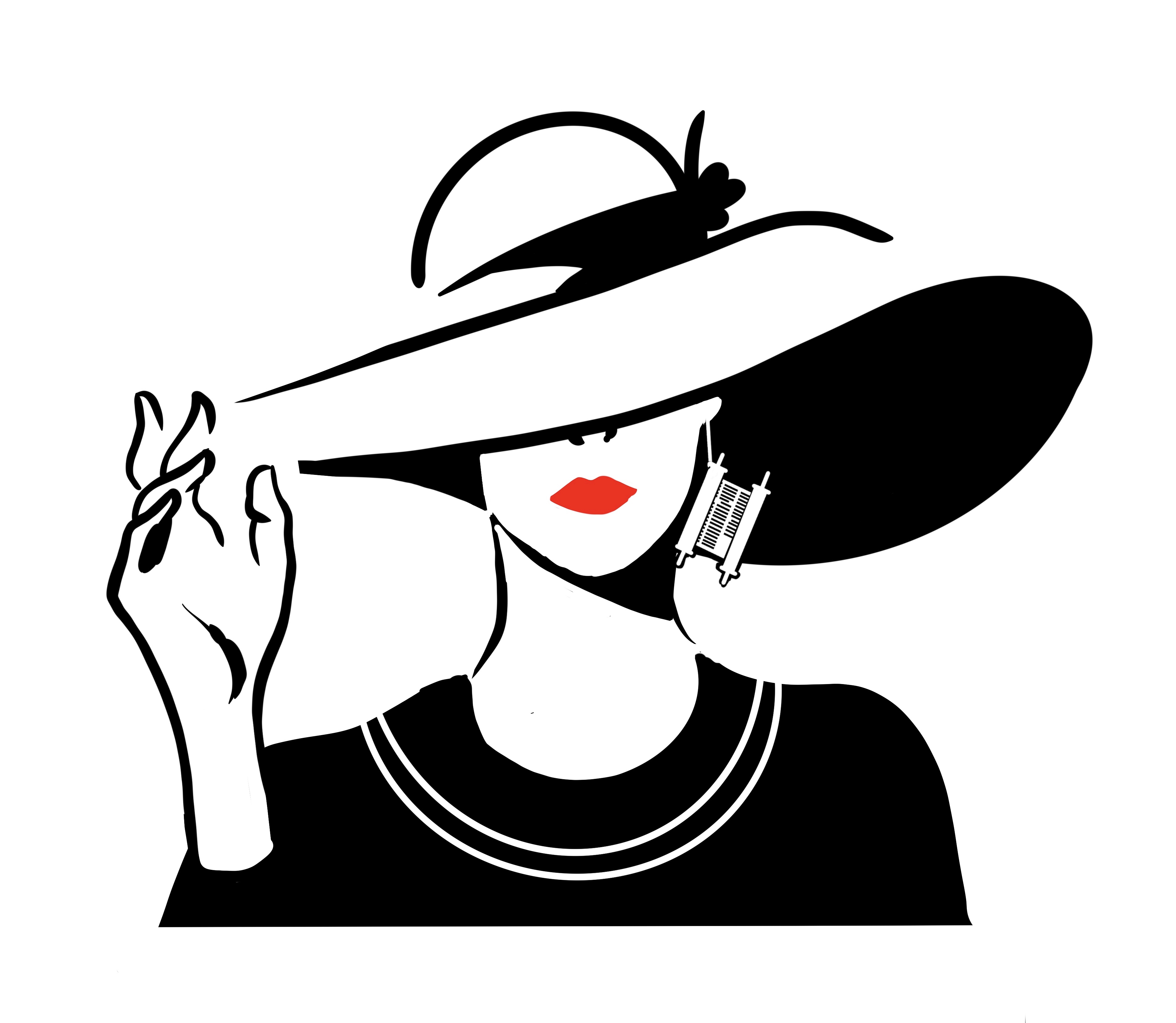Twelve days ago I had quadruple bypass surgery and spent Rosh HaShana in the Intensive Care Unit of a London hospital, slowly waking in a disorientated stupor. With tentative steps and rather impressive scars, I made it home for Yom Kippur. My operation was spurred by my younger brother’s recent, sudden and fatal heart attack – tests revealed I was shortly next in line. In his death, my brother saved my life and the haunting words of the Unetaneh Tokef prayer, who shall live and who shall die, that sealed my brother’s fate last year have been ringing in my ears for days. As Yom Kippur ended and my fate is now sealed for the coming year, I am still left wondering why the demands of ‘repentance, prayer and charity’ that featured copiously in my brother’s life, did not avert his untimely end.
The skilled surgeon explained that he would be breaking my breastbone in two halves to access my heart. I would be like the heifer, the goat and the ram, each split in half to create an everlasting covenant between God and Abraham (Genesis 15: 9-10) But my covenant would be with my friends: while my breastbone temporarily lay bare my heart so that it could be physically healed, it also allowed the exposed heart to absorb the bountiful messages of kindness and compassion my family and I have received. While magnificent steel stitches attest to the breastbone being perfectly realigned, the little swollen bumps are the feelings of affection and tenderness for my well-being that could not be contained.
Even as Yom Kippur fades away, we still sit on the edge of Unetaneh Tokef; those anticipating a birth wait anxiously that all will be well and those anticipating a loss wait precariously for the year’s events to unfold. It would be selfish to ask for too much happiness as we try to keep unexpected and unspeakable tragedies at bay. Yet the Unetaneh tokef is not just about our individual fate – the fires, floods, earthquakes and hunger cited in the prayer are just some of the ways that our personal experiences will be enveloped with that of the collective. Our personal fate is tied up with that of our own community, the wider Jewish world, and indeed, of humanity.
I feel an even greater burden to make meaning of my life after my heart operation. To squander this gift would insult my brother’s memory for his sacrifice gave me the opportunity to lengthen my days and is a debt I can never repay. While I have always tried to make every day matter, now I am committed to ensuring that everyday matters are consciously honed and honored. Through my work, I am fortunate to focus on broad strategy and policy issues, but the harder, more disciplined work of focusing on everyday acts of friendship and love must become a priority.
I told a small number of people about my surgery, explaining that while it was not a secret, I couldn’t bear to have a fuss made of me. Although respecting my wishes, I was still overcome by how quickly the news spread, and about everyone’s concern and heartfelt compassion. We should all be blessed with the challenges of accepting people’s kindness. Although over the years I have participated in meal rotas, picked up someone else’s kids and dropped off some shopping, now that it’s my turn to accept help, I feel vulnerable and exposed, incapacitated physically, but also on emotional overdrive to sustain the onslaught of thoughtfulness.
Friends who tell me they love me make me cry, an email that says ‘don’t die, you matter to me’ takes my breath away, a text message telling me ‘you are too precious to lose’ melts my resolve. I am surprised by how moved I am by the countless requests for my Hebrew name so that I can be included in other people’s prayers.
If we are lucky, we are safe in the knowledge that we are important to our family and friends, but when it’s articulated, when those invisible bonds of friendship are made very concrete, it becomes humbling, precious and terrifying. What did I do to deserve such powerful, embracing friendships and have I got the qualities necessary to begin to be a good enough friend in return?
We are obligated to show hakarat hatov, gratitude, for all that we receive yet in these circumstances, a simple ‘thankyou’ seems inadequate. However, for now, I am learning that this has to be enough. Sharing my vulnerability and thanking someone for their help acknowledges that I am incomplete, and for this too, I must be grateful. The famous story of Honi the Circle Maker leaves Rava to explain: Or Chevruta Or Mitusa, either friendship or death. (Ta’anit 23a).
Without such wonderful friendships, my heart might still be beating, but a part of me would certainly have died.
Quadruple bypass surgery: a friend for lifeWithout such wonderful friendships, my heart might still be beating, but a part of me would certainly have died.
